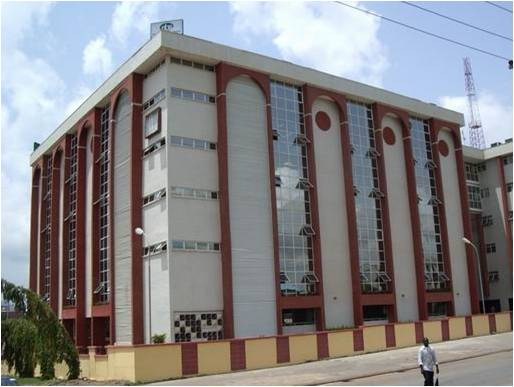Nigeria’s headline inflation or (Consumer Price Index) rose to 12.26% Year-on-Year in March 2020, according to data by the National Bureau of Statistics (NBS), from 12.20% in February 2020, lifted as usual by food and core inflation.
The numbers are likely to soar in the current, given the effects of the current lockdown to check the spread of the novel Coronavirus (COVID-19) pandemic
According to the NBS in its report, the March inflation data is yet to take into accounts the effects of the lockdown in the country’s major economic centres of Lagos and Ogun States, as well as the Federal Capital Territory, Abuja, where various major disruptions in normal economic activity started effectively in April. It was also in April, many other states across the country introduced various forms of restrictions to check the spread of the novel Coronavirus in since then.
The percentage change in the average composite CPI for the 12 months period ending March 2020, over the average CPI for the previous twelve months period stood at 11.62%, up from 11.54% recorded in February 2020; while month-on-month, the Headline index increased by 0.84% in March 2020, higher than the 0.79% of February 2020.
The CPI, according to the NBS, “measures the average change over time in prices of goods and services consumed by people for day-to-day living.”
The composite food index for the period rose by 14.98% in March 2020, from 14.90% in February; while on a month-on-month basis, the food sub-index increased by 0.94% in March 2020, up by 0.07% points from 0.87% recorded in February 2020.
The urban inflation rate increased by 12.93% (year-on-year) in March 2020 from 12.85%
In the previous month, while the rural inflation rate climbed by 11.64% from 11.61%; while MoM, the urban index rose by 0.88% in March 2020, compared to the 0.82% recorded in February, while the rural index also rose by 0.8% in March 2020, from 0.76% rate of February 2020. Drivers of growth in the sub-index included the prices of passenger transport by air, tobacco, household textiles, major household appliances, domestic services and household services, pharmaceutical products, maintenance and repair of personal transport equipment, water supply, and catering services.
Meanwhile, on a month on month basis, all items inflation was highest in Bayelsa, where it stood at 1.64%, Bauchi, 1.63%, and Ondo, 1.60%, it rose at the slowest rate in Lagos, which recorded “price deflation or negative inflation (general decrease in the general price level or negative inflation rate). It was followed by Abia, 0.17%, and Kano, 0.21%; while all items inflation on YoY basis was highest in Bauchi at 15.55%, Niger, 14.04%; and Kebbi, 13.90%, ahead of 10.82% in Lagos, 10.19% in Abuja, and Kwara, 9.94%.
“In analyzing price movements under this section, note that the CPI is weighted by consumption expenditure patterns which differ across states. Accordingly, the weight assigned to a particular food or non-food item may differ from state to state making interstate comparisons of consumption basket inadvisable and potentially misleading,” the report added.
Trending Today
Menu








